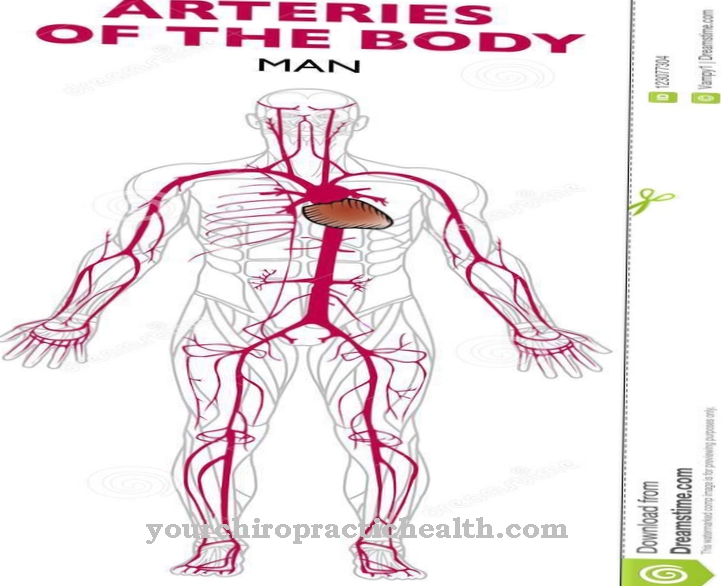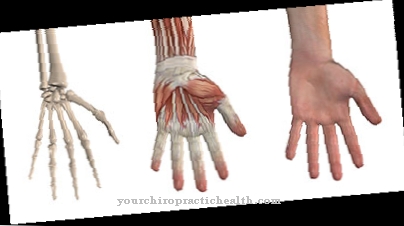As Cryopyrin-Associated Periodic Syndrome three diseases from the field of autoinflammatory diseases are known that go back to the same mutation. The diseases are part of the periodic fever syndromes and run in episodes. So far, all three syndromes can only be treated symptomatically and with medication.
What is cryopyrin-associated periodic syndrome?

© Svyatoslav Lypynskyy - stock.adobe.com
In autoimmune diseases, the patient's immune system is directed against their own body. The autoimmune disease group includes various subcategories, for example autoinflammatory diseases with an activation of the unspecific immune defense.
The most important characteristic of this group of diseases is inflammation caused by the immune system. The cryopyrin-associated periodic syndrome includes several autoinflammatory diseases that have the same cause. Three different diseases belong to the CAPS disease group: FCAS, MWS and NOMID. Well under 1000 patients are known worldwide. The prevalence is estimated at one to two cases in a million people.
According to estimates, there is probably a high number of unreported cases. All diseases from the group of the cryopyrin-associated periodic syndrome belong to the periodic fever syndromes. These fever syndromes are rare, monogenic inherited diseases that trigger fever attacks caused by the immune system at irregular intervals. The course of the disease varies between mild and fatal.
causes
The cryopyrin-associated periodic syndrome does not appear to be sporadic in all cases.Familial clusters were observed in the cases documented so far, especially for the FCAS group of the disease. Most periodic fever syndromes are characterized by heredity. Presumably the inheritance of the CAPS is based on an autosomal dominant inheritance. The primary cause of the syndrome is a genetic mutation.
On the basis of previous research results, science assumes a genetic defect in the NLRP3 gene. This gene codes for cryoporin in human DNA. This substance is an element of the IL-1 inflammasome and thus an important part of protein complexes of the unspecific immune system.
The defective gene triggers an overproduction of IL-1b and thus causes systemic inflammatory reactions. Since the cause of the CAPS is a genetic defect, the disease group can also be assigned to immune defects instead of autoimmune diseases.
You can find your medication here
➔ Medicines to strengthen the defense and immune systemSymptoms, ailments & signs
The symptomatic type of manifestation of the CAPS depends on the subform. Besides fever, fatigue, hearing loss, arthralgia and myalgia, urticaria is one of the core symptoms of the three diseases. The FCAS manifests itself as a familial cold-induced illness.
This is the lightest form, causing a flare two to three hours after exposure to the cold. The attack has a flu-like effect and is accompanied by fever, headache and chills. Muckle-Wells syndrome (MWS), which usually manifests itself for the first time in early childhood, must be distinguished from this. The relapses last longer than 24 hours and occur more frequently than with FCAS.
Not only cold, but also stress and tiredness cause relapses. Systemic amyloidosis is observed in a quarter of patients during relapses, which, if left untreated, can lead to kidney failure. The last disease from the CAPS group is the chronic infantile neuro-cutaneous-articular syndrome and corresponds to the most severe CAPS expression.
The manifestation already takes place on the infant. Symptoms can change from intermittent to persistent chronic. The CNS involvement is symptomatic of the clinical picture. In addition to aseptic meningitis, increased intracranial pressure or seizures, joint involvement can also occur.
Lymph node swelling, high fever, and hepatosplenomegaly accompany the symptoms. Patients of this form are also growth retarded and sometimes suffer from inner ear hearing loss or from inflammatory eye involvement, which can lead to blindness.
diagnosis
For the CAPS, the most reliable type of diagnosis is the molecular-genetic analysis. If one of the three diseases is suspected, the doctor has the patient's DNA examined for the typical genetic change.
If the mutation can be detected, the diagnosis is considered proven. The prognosis depends heavily on the severity and course of the individual case and is most favorable for FCAS patients.
Treatment & Therapy
CAP syndromes have so far not been curable because gene therapy measures have not yet reached the clinical phase. Therapy is symptomatic and, in the case of conventional treatment, usually corresponds to drug therapy. The drugs are used to prevent flare-ups and at the same time reduce the symptoms when a flare-up occurs.
For example, NSAIDs / NSAIDs can be used to alleviate symptoms and are classed as pain relievers and fever medicines. Antihistamines are only suitable for FCAS patients. Steroids are suitable for all three groups and include, for example, cortisone treatment. Many people with autoimmune diseases are also prescribed immunosuppressants.
In the case of the CAPS, it is particularly suitable for MWS or NOMID patients. Suppression of the immune system is usually not necessary for patients in the mildest form. Patients with FCAS or MWS are also called upon to prevent relapses as much as possible. For example, warm drinks, warm baths, several layers of clothing and the reduction of physical and psychological stress can serve this purpose.
Depending on the symptoms, patients with the severe form of NOMID may need further treatment. This can include provision of hearing aids, for example. Ophthalmological measures may also be necessary in the event of inflammatory reactions in the area of the eyes.
Doctors & therapists in your area
Outlook & forecast
The prognosis for cryopyrin-associated periodic syndrome is poor. The disease is genetic and cannot be cured according to current legal and medical requirements. The treatment plan is created individually and is aimed at alleviating the symptomatic complaints.
The cryopyrin-associated periodic syndrome consists of a total of three diseases, the occurrence and severity of which differ in each patient. The intensity of the syndrome is largely responsible for the prospect of an improvement in the existing symptoms. Since the course of the disease usually presents itself in phases, the patient can experience phases of complete remission.
In the mild form of the syndrome, the episode lasts for 24 hours. The symptoms then gradually recede completely. In the worst case, the middle form of expression can end in a disorder of kidney function, along with many other impairments. The patient is at risk of organ failure. This represents a life-threatening situation.
In the most severe form of the cryopyrin-associated periodic syndrome, there is usually no complete relief of the symptoms. The symptoms that have occurred do not regress completely, but remain permanently. This represents a considerable reduction in the quality of life and can lead to further diseases. In addition to the physical impairments, there is a risk of psychological disorders that will further worsen the prognosis.
You can find your medication here
➔ Medicines to strengthen the defense and immune systemprevention
The diseases from the CAPS group are genetic diseases. External factors for the development of the disease are not yet known. For this reason there are no preventive measures so far. Only genetic counseling in family planning can be described as a preventive measure in the broadest sense.
Aftercare
With this syndrome, the further follow-up measures depend very much on the exact type and severity of the symptoms, so that no general prediction can be made. However, early detection of the symptoms of this disease has a very positive effect on the further course and can also prevent or limit further complications and complaints.
The sooner the syndrome is recognized, the better the further course of the disease is, as a rule, so that the person affected should consult a doctor as soon as the first symptoms and complaints appear. In most cases it is necessary to take various medications.
Always pay attention to the correct dosage and also to the regular intake of the medication in order to limit the symptoms permanently. Often those affected are still dependent on the support and help of their own family or friends in order to prevent psychological upsets or to prevent depression. Regular visits to a doctor are also necessary to permanently check the condition of the disease. This disease may reduce the patient's life expectancy.
You can do that yourself
Cryopyrin-associated periodic syndrome comprises three autoinflammatory diseases that can be traced back to the same genetic defect. There are neither conventional medical nor alternative methods that treat the cause of the disease. What the patient can do to improve his or her health depends on the severity of the disease.
The easiest form is the so-called familial cold-induced autoinflammatory syndrome (FCAS). As the name suggests, the symptoms of FCAS are triggered by hypothermia. Above all, the patient can take preventive measures here. Those affected should get into the habit of always studying the weather forecast and, as a precaution, always keep a scarf and a warm jacket in the office or in the car.
A dry pair of shoes should always be close at hand. As soon as the outside temperature drops into the minus range, thermal clothing is helpful. After acute exposure to the cold, a hot beverage, preferably tea, should be consumed if possible. If possible, you should also take a hot bath.
Many patients also react negatively to fatigue, stress and heavy physical exertion. In these cases it is important that those affected have an orderly daily routine. Sport may only be practiced moderately. Since stress cannot always be avoided, relaxation techniques such as yoga or autogenic training should be learned.

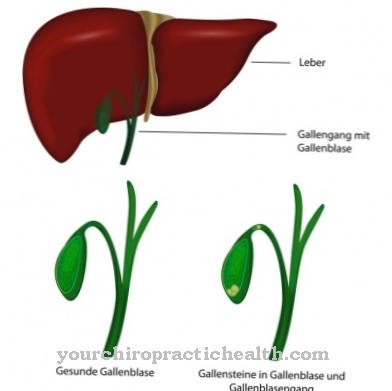
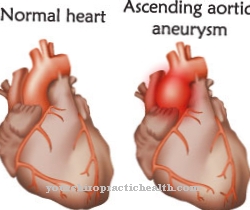
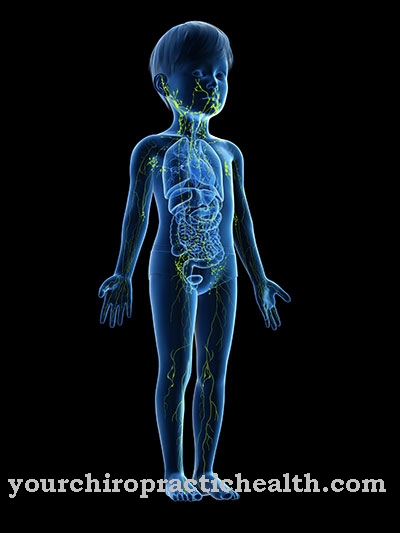
.jpg)
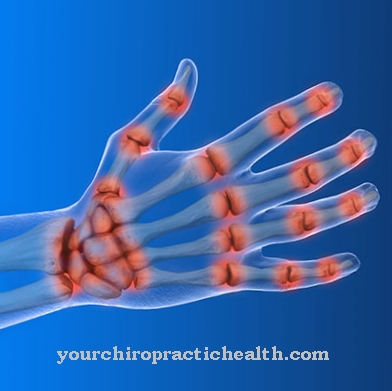
.jpg)



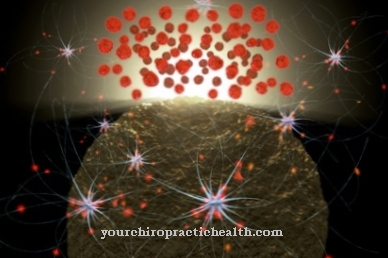

.jpg)

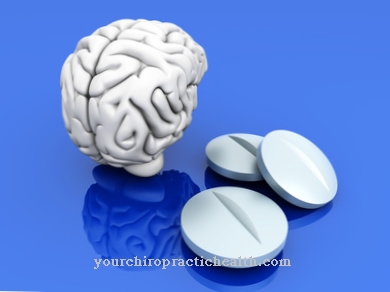

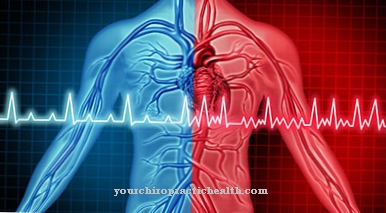


.jpg)
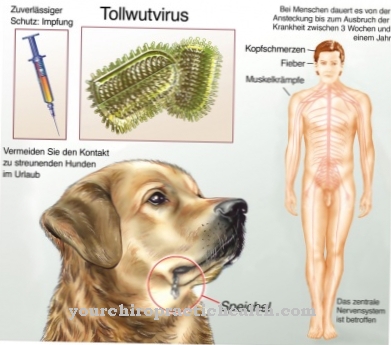
.jpg)
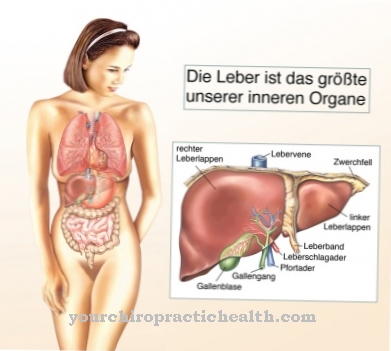

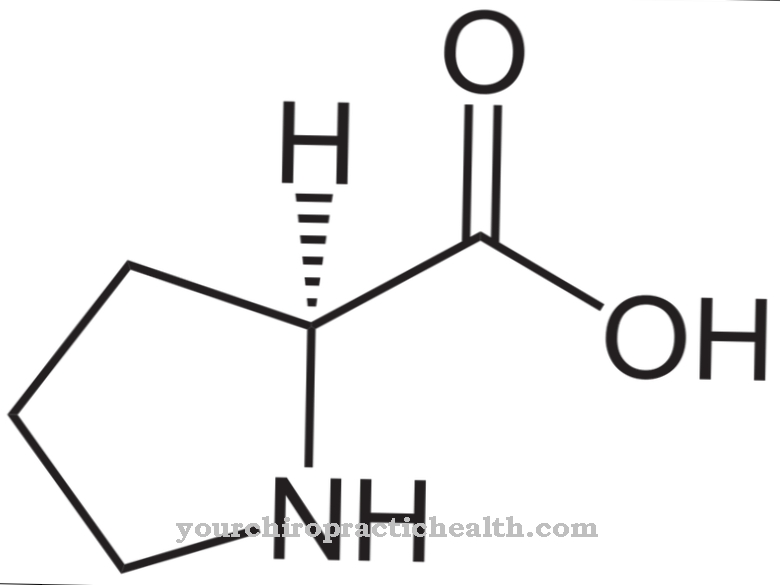

.jpg)
